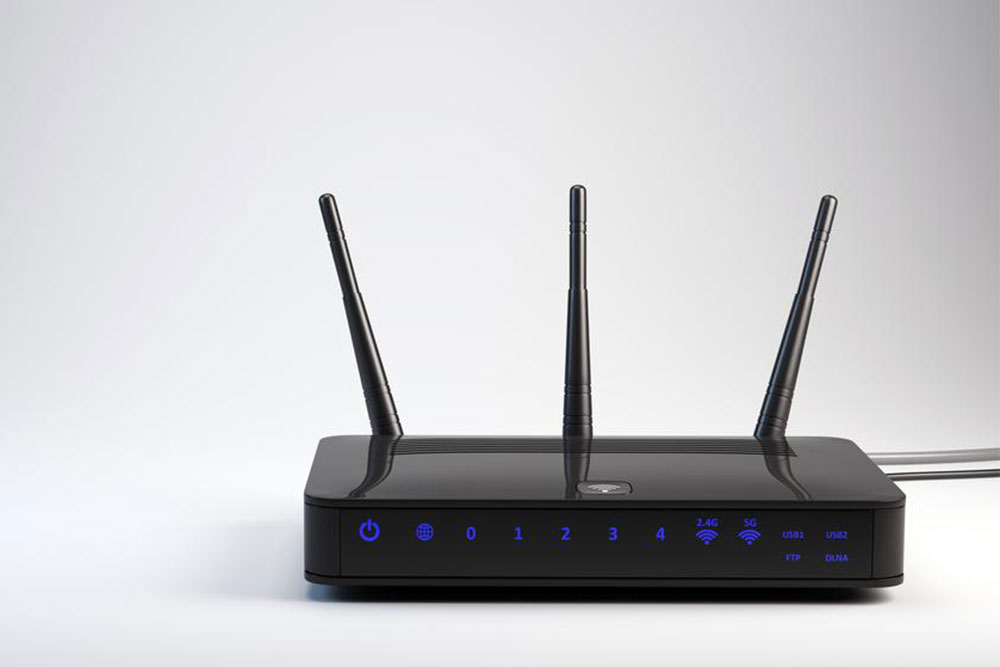Comprehensive Guide to Choosing the Ideal Mobile Phone Plan
Choosing the right mobile plan is essential for staying connected and saving money. This comprehensive guide covers key factors like data needs, network coverage, customer support, and plan types. By understanding your usage habits and evaluating carrier offerings, you can select a plan that fits your lifestyle. From analyzing coverage and data consumption to comparing prepaid and postpaid options, this article provides detailed insights to help you make an informed decision. Stay connected with confidence and optimize your mobile service today.

Comprehensive Guide to Choosing the Ideal Mobile Phone Plan
In today’s digital age, having a reliable and suitable mobile plan is crucial for staying connected with family, friends, and colleagues. With countless carriers offering a plethora of plans, selecting the right mobile phone plan can feel daunting. The key to making an informed choice lies in understanding your specific needs, evaluating various factors such as network coverage, data consumption, call and text preferences, and additional benefits. This comprehensive guide aims to walk you through every essential aspect to help you find the perfect plan tailored to your lifestyle and budget.
Analyzing Your Data Consumption
Data usage is one of the most significant deciding factors when choosing a mobile plan. Today, internet access is indispensable for activities like browsing social media, streaming music and videos, using apps, and even working remotely. Therefore, it’s vital to assess your typical data consumption to avoid paying for more than you need or, conversely, experiencing slow or interrupted service due to insufficient data. Most users opt for plans offering between 2GB to 3GB of data per month, which suffices for light browsing and messaging. Heavy users, on the other hand, often prefer unlimited data plans that eliminate worries about overage charges and coverage issues during intense streaming or downloading sessions. If your usage is minimal—such as occasional calling and messaging—consider basic plans that are cost-effective while meeting minimal data needs.
When evaluating data plans, consider your daily habits and usage patterns. For example, if you frequently watch YouTube videos, participate in video calls, or download large files, an unlimited plan might be the most economical choice in the long run. Conversely, if your internet activity is limited to checking emails and social media, a lower-tier plan might be sufficient. Visit your carrier’s website to review current data plans, and use online tools or apps to track your monthly consumption to ensure you select a plan that aligns with your actual needs.
Assessing Network Coverage and Reliability
The quality of your mobile service heavily depends on the network coverage provided by your chosen carrier. Nothing is more frustrating than having frequent dropped calls or slow data speeds due to poor coverage in your area. To avoid this, always review coverage maps provided by carriers for your region. Additionally, seek feedback from friends, neighbors, or colleagues about their experiences with different networks. Real-user reviews often reveal insights beyond coverage maps, such as network congestion during peak hours or the quality of customer support.
Carriers frequently run promotional campaigns and upgrade their networks to improve service quality and attract new customers. Staying informed about the latest offers and network upgrades can be advantageous. Consider the frequency of your movements—if you commute or travel frequently, ensure your carrier maintains strong coverage in those areas. Some carriers also offer dedicated plans for specific regions or rural areas, which might be a better fit depending on your lifestyle.
Matching Your Communication Needs
Understanding your communication habits is essential. Whether you primarily need international calling, international roaming, family sharing options, or unlimited streaming, selecting a carrier that specializes in these services will serve you best. For instance, if you frequently make international calls or travel abroad, choose plans that include affordable international roaming packages. Families often benefit from shared family plans that provide multiple lines with discounts. For multimedia streaming enthusiasts, plans with unlimited data dedicated to streaming can prevent interruptions and extra charges.
Personal preferences also matter — if you enjoy sports packages, premium content, or international coverage, prioritize plans that include these features. Always clarify whether certain features, such as hotspot access or policy on data throttling, are included or require additional fees. Tailoring a plan based on your usage preferences ensures maximum satisfaction and cost-efficiency.
Customer Support and Service Options
Customer service quality varies greatly among service providers. Some carriers operate exclusively online, offering support through chat, email, or mobile apps, which appeals to tech-savvy users who prefer digital interactions. Others maintain physical stores, providing face-to-face assistance that many users find more reassuring, especially when dealing with device issues or plan modifications. Consider your comfort level and comfort in troubleshooting issues when choosing a carrier. Good customer support can save time and frustration, making your overall experience more positive.
Prepaid versus Postpaid Plans
Deciding between prepaid and postpaid plans is another critical step. Major carriers such as Verizon, AT&T, and T-Mobile predominantly offer postpaid plans, billed monthly, which often include device installment options, perks, and higher data limits. Postpaid plans typically require a credit check and involve a contractual commitment, but they offer convenience and flexibility. Prepaid plans, on the other hand, require upfront payment and do not involve credit checks. They are generally more budget-friendly, providing a straightforward way to control expenses. Prepaid plans are ideal for users with uncertain credit, those seeking flexibility without long-term commitments, or those on a tight budget.
Before selecting a plan, consider your financial situation, usage patterns, and whether you prefer the flexibility of prepaid plans or the added benefits of postpaid services. For instance, prepaid plans can be easily canceled or changed, while postpaid plans may offer additional perks such as device financing, priority customer service, and larger data buckets.
Making an Informed Decision
When choosing the best mobile plan, take your time to research all available options, compare plans across different carriers, and read reviews. Consulting friends, family, or colleagues can provide valuable insights and personal recommendations. Use online tools, comparison sites, and carrier websites to analyze pricing, features, and coverage—this due diligence ensures you find a plan that offers the best value for your money.
Remember to factor in your future needs—if you anticipate increased data usage or significant changes in your daily routine, choose a flexible plan that can adapt to these shifts. Once you’ve narrowed down your options, review the fine print for hidden fees, terms, and conditions. Making an informed choice not only saves you money but also guarantees a smoother, more reliable mobile experience, keeping you connected whenever you need it most.





